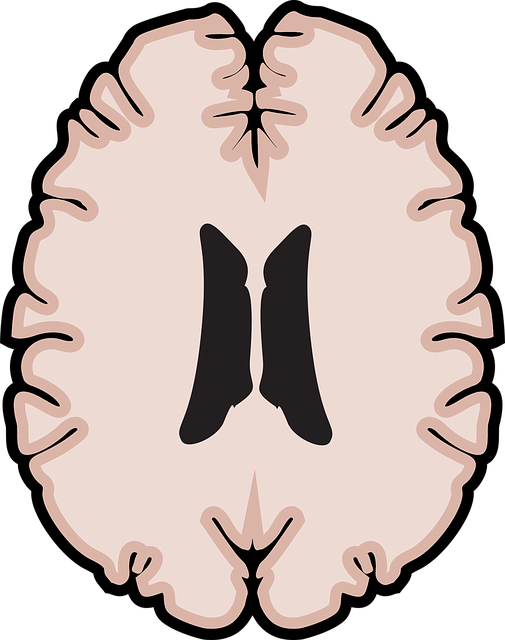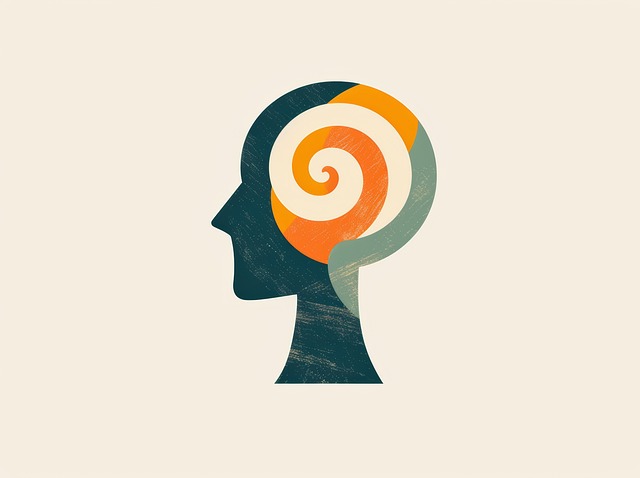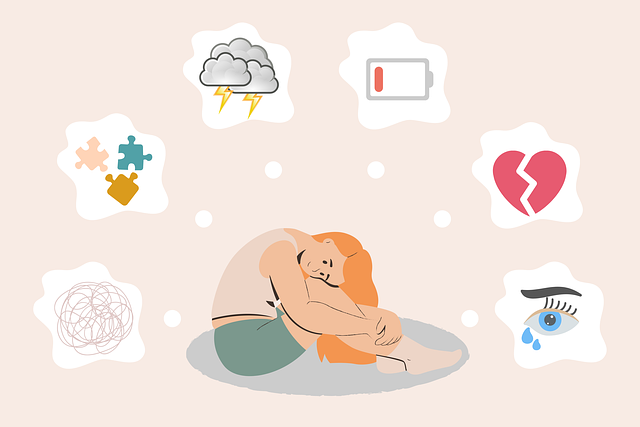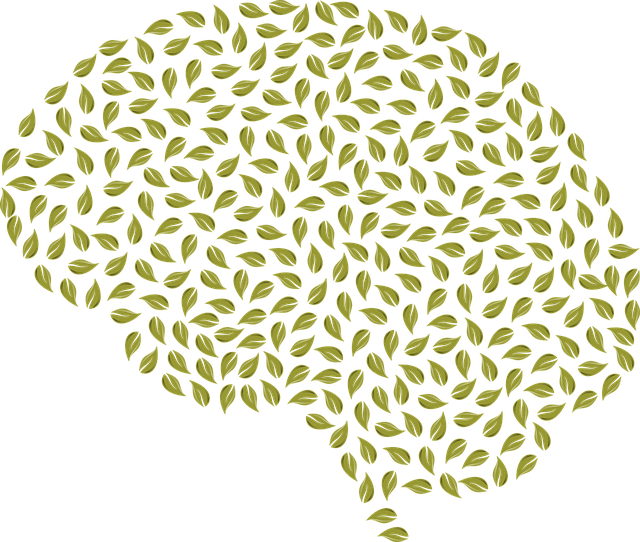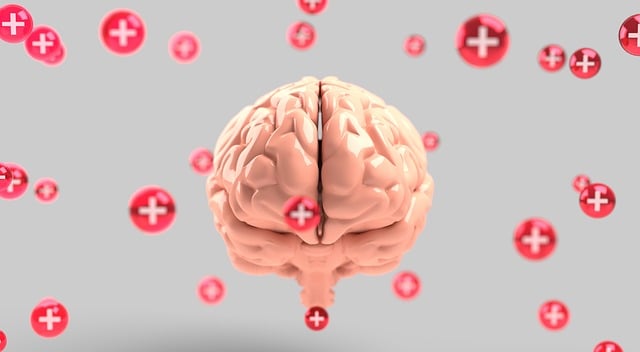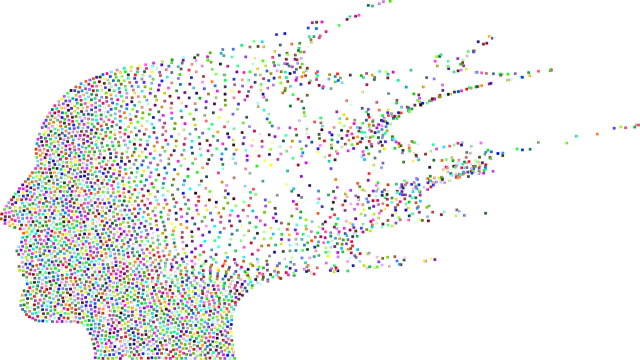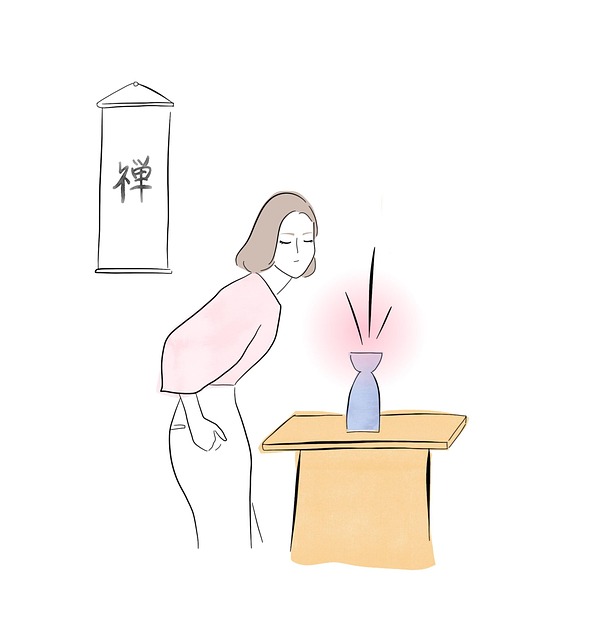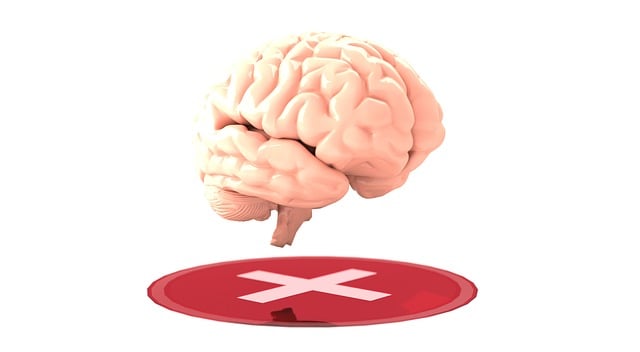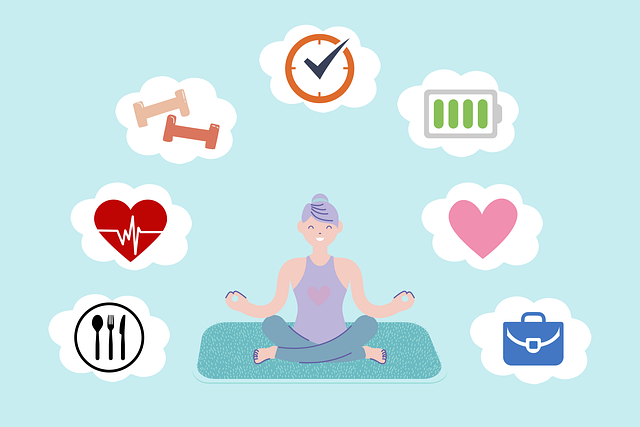Mental wellness thrives on managing thoughts, feelings, and behaviors, and journaling is a powerful tool for this, similar to Highlands Ranch Cognitive Processing Therapy (HCPT). By creating a dedicated space using either physical or digital journals divided into emotions, thoughts, behaviors, and coping strategies, individuals can enhance self-awareness, process trauma, prevent depression, and use their entries as crisis intervention guidance. Regular reflective prompts, like "What am I grateful for today?", encourage deeper emotional connections, which are crucial for mental wellness, stress management, and preventing burnout, especially among healthcare providers. Combining HCPT techniques with journaling can identify and challenge negative thought patterns, improve self-esteem, track progress, and serve as risk management tools for professionals.
“Unwind your mind and embark on a journey of self-discovery with mental wellness journaling. This powerful practice, grounded in evidence-based techniques like Highlands Ranch Cognitive Processing Therapy, offers a calming space to process thoughts and emotions. In this guide, we explore how setting up a dedicated journal can transform your mental health. From enhancing emotional awareness to integrating cognitive processing therapy techniques, you’ll discover strategies to optimize your well-being. Take a dive into these insights and unlock the benefits of consistent journaling.”
- Understanding Mental Wellness and its Journaling Benefits
- Setting Up Your Journal for Effective Cognitive Processing
- Techniques to Enhance Emotional Awareness Through Writing
- Incorporating Highlands Ranch Cognitive Processing Therapy into Your Journal Practice
Understanding Mental Wellness and its Journaling Benefits

Mental wellness is a holistic concept encompassing our emotional, psychological, and social well-being. It’s about understanding and managing our thoughts, feelings, and behaviors in ways that foster resilience and promote a sense of calm and purpose. Incorporating journaling into your routine can be a powerful tool for navigating life’s challenges, much like Highlands Ranch Cognitive Processing Therapy (HCPT) offers strategies to overcome mental health hurdles.
Journaling allows individuals to explore their thoughts, gain insights, and develop effective coping mechanisms. Through this introspective practice, one can enhance self-awareness, process traumatic experiences, and even prevent depression. It provides a safe space for expression, whether it’s writing about stressful situations or employing communication strategies to improve relationships. Moreover, regular journaling can serve as crisis intervention guidance during difficult periods, helping individuals stay grounded and make sense of their emotions.
Setting Up Your Journal for Effective Cognitive Processing

Setting up your journal is a crucial step in utilizing it effectively as a tool for Highlands Ranch Cognitive Processing Therapy. Just like establishing a comfortable and dedicated space for therapy sessions, your journaling environment should be tailored to support cognitive processing. Consider using a physical notebook or digital document that allows for easy organization of thoughts and feelings. Divide pages into sections dedicated to specific aspects of your mental wellness journey, such as emotions, thoughts, behaviors, and coping strategies. Incorporate prompts that encourage reflection and self-awareness, like “What am I grateful for today?” or “Identify a challenging situation and explore potential cognitive distortions.”
This setup facilitates the Self-Care Routine Development for Better Mental Health by providing a structured space to process experiences, identify negative thought patterns, and challenge them. Regularly practicing this journal routine can enhance Stress Management by offering a safe outlet for emotional expression and a means to track progress over time. Moreover, it serves as a valuable tool during risk assessments for mental health professionals, allowing individuals to document their cognitive processes and insights, thereby fostering more informed decision-making regarding their mental health.
Techniques to Enhance Emotional Awareness Through Writing

Writing as a therapeutic tool has proven to be an effective way to enhance emotional awareness and self-understanding. Through regular journaling, individuals can develop a deeper connection with their thoughts and feelings, allowing them to identify and process complex emotions. This practice is particularly beneficial for those seeking support through Highlands Ranch Cognitive Processing Therapy (HCPT). By putting pen to paper, one can explore the nuances of their emotional landscape, uncovering hidden patterns and triggers that might otherwise go unnoticed.
Emotional awareness is a cornerstone of mental wellness, enabling individuals to effectively manage stress and avoid burnout, especially among healthcare providers who are often exposed to high-pressure situations. Incorporating empathy-building strategies into journaling routines can further enrich the process. Writing about personal experiences and perspectives fosters self-reflection, leading to increased insight and improved relationships with others. This practice aligns with the broader goals of public awareness campaigns aimed at promoting mental health, ultimately contributing to a more compassionate and supportive society.
Incorporating Highlands Ranch Cognitive Processing Therapy into Your Journal Practice

Incorporating Highlands Ranch Cognitive Processing Therapy (HRCPT) into your journaling practice can be a powerful tool for enhancing mental wellness. HRCPT focuses on identifying and challenging negative thought patterns, which is an essential aspect of self-esteem improvement. By integrating this therapy into your journal entries, you can learn to recognize cognitive distortions and replace them with more realistic, balanced thoughts. Regular journaling allows you to track your progress over time, providing a tangible record of your growth in managing difficult emotions and improving overall mental health.
For instance, when practicing HRCPT through journaling, you might reflect on stressful situations and write down the automatic negative thoughts that arise. Then, apply the therapy’s techniques to question these thoughts, evaluate their validity, and replace them with alternative, more positive interpretations. This process not only improves self-esteem but also serves as a form of risk management planning for mental health professionals, helping you build resilience in the face of adversity. Incorporating mindfulness meditation alongside HRCPT can further enrich your journaling experience, allowing for deeper reflection and a greater sense of calm.
Mental wellness journaling is a powerful tool for enhancing emotional awareness and cognitive processing. By integrating techniques from Highlands Ranch Cognitive Processing Therapy, individuals can transform their writing into a therapeutic practice that offers profound insights and promotes mental resilience. Effective journal setup and diverse writing strategies empower people to navigate their thoughts and emotions, ultimately fostering better mental wellness. Embracing this journaling exercise can be a transformative step towards a healthier and more balanced mind.
